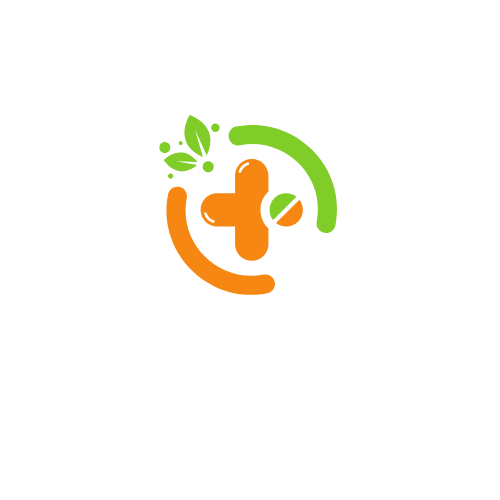In today’s ever-connected world, a Masters in Global Affairs isn’t just an academic pursuit: it’s a ticket to understanding the complexities of our globalized society. Imagine discussing international treaties while sipping coffee in a bustling café in Paris or analyzing economic policies with experts from diverse corners of the globe. Sounds dreamy, right? But this is not just a fantasy for the academically adventurous. It’s a reality for countless individuals who dare to investigate into the expansive field of global affairs. So, is a Masters in Global Affairs the right step for you? Let’s navigate this intriguing world together.
Table of Contents
ToggleUnderstanding Global Affairs

Global affairs encompass a vast range of issues that span international relations, economic policies, environmental concerns, and social justice. To understand global affairs fully, one must recognize that it’s not just about countries interacting with each other, but about people, ideas, and cultures intertwining. Here, experts study diplomatic strategies, humanitarian efforts, and global governance frameworks, aiming to create solutions for pressing issues that affect all nations. It’s a complex dance of politics, culture, and history that shapes the world we live in today.
Importance of Global Affairs Education
Why is global affairs education crucial? Think of it as equipping oneself with a superpower. Individuals with a strong background in global affairs are prepared to tackle the world’s challenges, whether they be climate change, conflict resolution, or economic disparity. Such an education cultivates critical thinking, leadership skills, and a nuanced understanding of diverse perspectives. In our fast-paced, interconnected world, where knowledge of global dynamics is increasingly vital, this education not only prepares one for a fulfilling career but also fosters global citizenship.
Key Components of a Masters in Global Affairs
Pursuing a Masters in Global Affairs typically involves a multifaceted curriculum designed to provide a comprehensive understanding of global issues. Core components often include:
- International Relations Theory: Understanding the frameworks that underlie global interactions.
- Global Economics: Learning how economic policies affect international relations.
- Research Methodologies: Mastering the techniques necessary for effective analysis and reporting.
- Ethics in Global Affairs: Exploring the moral implications of decision-making on a worldwide scale.
- Practical Fieldwork: Engaging in internships or projects that offer real-world experience.
Students also have the opportunity to specialize in areas like human rights, environmental policy, or diplomacy, tailoring their education to align with their passions and career goals.
Career Opportunities with a Masters in Global Affairs
Graduates with a Masters in Global Affairs find themselves armed with diverse career opportunities. They often pursue roles such as:
- Diplomat or Foreign Service Officer: Engaging in negotiations and maintaining international relations.
- Policy Analyst: Assessing government policies and their implications on global systems.
- International Development Consultant: Working with organizations to develop effective strategies for economic growth.
- Human Rights Advocate: Fighting for the rights of marginalized groups across borders.
- NGO Management: Leading non-profits focused on global issues.
The skills gained from this degree can lead to positions in governmental agencies, non-profit organizations, multinational corporations, and even academic institutions.
Differences Between Global Affairs and Related Fields
It’s essential to differentiate global affairs from related fields such as political science, international relations, and public policy. While these disciplines overlap, they each have distinct emphases. Global affairs focuses on the interconnections between global issues and their human impact, often integrating perspectives from sociology, economics, and environmental science. International relations typically zeroes in on the relationships between nations, while political science may investigate deeper into political systems and theories. Public policy, on the other hand, emphasizes the creation and analysis of policy within a societal framework. Understanding these nuances helps prospective students choose wisely.
How to Choose the Right Program
Choosing the right Masters in Global Affairs program can be overwhelming, given the plethora of options available. Here are several factors to consider:
- Accreditation: Ensuring the program is recognized and esteemed can significantly impact future job prospects.
- Curriculum Focus: Some programs may emphasize international relations while others investigate into development or security studies.
- Faculty Expertise: Research who teaches in the program and their areas of specialty. Learning from established figures can enhance educational experiences.
- Internship Opportunities: Programs offering robust connections to organizations in the field can provide invaluable real-world experience.
- Alumni Network: A strong network can help in job searches and professional development.
By carefully considering these factors, prospective students can find a program that aligns with their goals and aspirations.

